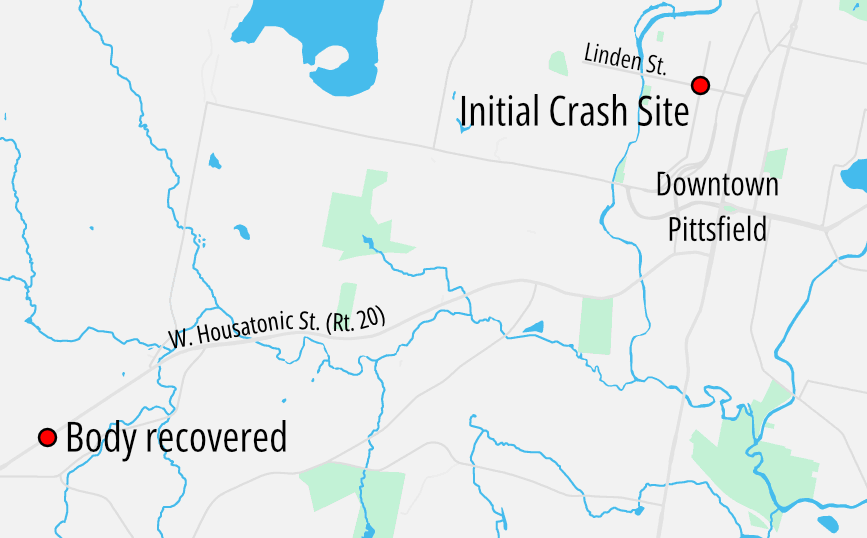On Tuesday, the Massachusetts Senate proposed a new state budget that would saddle the MBTA with a $200 million deficit – a shortfall that would almost certainly require major cuts to public transportation service in Massachusetts.
For months, the T has been warning lawmakers of a large shortfall in its 2025-2026 budget thanks to rising labor costs and declining revenues from its dedicated portion of the state's sales tax.
At the beginning of the year, Governor Healey had proposed a budget package that solved most of the T's budget problems with funds from the new "Fair Share" income tax surcharge on high-income households.
The Governor had proposed boosting the state's annual contribution to the T to $687 million, using higher-than expected revenues from the new Fair Share tax.
The Governor had proposed augmenting that contribution with an additional $765 million in one-time funding that the state had collected, but not yet spent, from previous years' Fair Share taxes.
Most of that additional funding would have been set aside to replenish the agency's depleted reserves, but some of it would have been spent this year to fill the T's structural deficit.
But lawmakers at the State House are casting the Governor's plan into doubt.
Last month, the House budget committee proposed a 2026 spending bill that, in accordance with the Governor's main budget proposal, would have sent $687 million to the T for regular operating support.
The House was more stingy with its proposed supplemental budget for unspent Fair Share funds, which proposed a smaller $480 million contribution for the MBTA.

Both the Governor's proposal and the House proposal would have provided enough money for the T to cover its operating costs in 2026, with some additional funding for the T to build a small reserve.
But the Senate's spending proposals, released this week, are considerably more tight-fisted.
If it were enacted as the state's new budget law, the Senate proposal would force the T's budget writers to fill a budget shortfall of roughly $200 million this year.
Such a large deficit could require considerable service cuts, and possibly fare increases as well.
At the end of 2020, while facing a much smaller budget deficit of $128 million, the MBTA's former management had drawn up a slate of draconian service cuts that included a 20 percent reduction in subway service plus the elimination of all ferry service and 25 bus routes.
"The Senate budget is wildly out of scope and fails to meet the MBTA's needs," said Katie Calandriello, interim executive director of TransitMatters, in an email to StreetsblogMASS Wednesday morning.
Senate President Karen Spilka, speaking at a Boston Chamber of Commerce event on Wednesday morning, repeatedly asserted that the Senate's budget proposal would "fully fund MBTA operations for fiscal year 2026."
During questioning with members of the press after the event, StreetsblogMASS asked the Senate President about the arithmetic behind that assertion.
"From our meetings with the T officials, we believe that the funds that the Senate is appropriating will fully fund (the agency) for 2026," said the Senator. "We're not funding them for three years, we're funding them for 2026."
StreetsblogMASS has reached out to the MBTA's press office to ask if they can confirm this, but we have not yet heard their response.
Sen. Brendan Crighton of Lynn, who was also attending the Chamber of Commerce event, told StreetsblogMASS that the Senate Ways and Means budget proposal still needed to be vetted with the full Senate, and reconciled with the House proposal.
"I'm confident that the T will be able to close the gap. We're going to let the debate proceed," Sen. Crighton said. "It's a priority of the Senate that the T can operate with no service cuts and no fare increases."
This story was updated at 10:30 a.m. on Monday May 12 to correct budget figures for the House supplemental budget (unspent Fair Share revenues) in the bar chart and the 9th paragraph. Because of the editor's error, the previous version of the story reported a smaller $480 million contribution for the MBTA from 'Section 2' of House Bill 4010. A separate section of that bill would appropriate additional funding, for a total of $733 million for MBTA operating costs ($700 million for reserves, $20 million for low-income fares, and $13 million in reimbursement for fare-free operations during the Sumner Tunnel closures).
Read the full text of the legislature's budget proposals:
- Senate Amendment 2512 – supplemental appropriations for fiscal year 2025 Fair Share tax revenues (pending approval)
- House bill 4010 – supplemental appropriations for fiscal year 2025 Fair Share tax revenues (approved on April 9)
- Senate Ways and Means fiscal year 2026 budget recommendations
- House fiscal year 2026 budget bill (approved on April 30)





